- A new General Aviation Advocate to represent and raise its profile
- Six new Aviation Ambassadors to inspire the next generation
- Practical help and funds to put Great Britain at the heart of electric aircraft development – and manufacture
- A new emphasis on General Aviation
These are just some of the points in an ambitious vision for the UK’s aviation industry announced by Grant Shapps, Secretary of State for Transport at an event at Cranfield University yesterday.
“I want to create an electric revolution not just on the UK’s roads but also in our skies,” said Mr Shapps.
“The UK led the world as a pioneer of international commercial flight in the 20th century and I want this country to become a hotbed for the design, manufacture and use of electric aircraft in the 21st, seizing a share of a market that could be worth £4 trillion globally by 2050 and harnessing immense benefits of this transition: lower emissions, greater efficiency and the power to transform mobility in towns and cities.
“I know that Cranfield and Loganair are developing hybrid electric aircraft for commercial passenger flights, through the Fresson Project to transport people in the Orkney Islands.
“And the CAA is working with pioneering firms, such as air taxi company Volocopter. And then there’s the brilliant collaborative work taking place on the Airbus and Rolls-Royce E-Fan X Project.
“But while I’m excited at the possibilities, I’m also a pragmatist. We need the right infrastructure, the right batteries and the right research to make the electrification of flights take off.
“That’s why I was delighted that the Prime Minister recently announced a £300 million joint investment, from government and industry through the Future Flight Challenge. Money that will fund electric plane innovation and research into other forms of aviation technology, including flying taxis and freight carrying drones.
“This is on top of the nearly £2 billion we are ploughing into aviation research and technology through the Aerospace Technology Institute Programme.
“Only yesterday, through that programme, the government awarded £2.7 million to a start-up company ZeroAvia to build a hydrogen fuel cell propulsion system that will aid the development of zero emission aviation technology in this country.”
Mr Shapps then went on to talk directly about General Aviation and its role in the industry.
“It’s a sector that sparks imaginations, provides opportunity and incubates the aviation workforce of tomorrow,” he said.
“Plenty of air cadets have been inspired to serve in the RAF after a glider flight at their local airfield.
“Some of the best aviation engineers started out as flying school apprentices. While countless commercial pilots obtained their licence at their local airfield.
“So, it’s vital that we protect our network of airfields where so many aviation careers first take flight.
“That’s why I’m delighted to appoint today Phil Dunnington as our General Aviation Advocate.
“Phil was the first balloon pilot to cross the North West Arctic Passage and is a long standing champion of GA. I know he will do a great job at representing the industry and raising its profile.
“We must also recruit thousands more engineers, technicians and pilots and ensure we draw on all our country’s talents.
“In this country, just six in every 100 pilots are women, while people from ethnic minorities are remain massively underrepresented.
“I think general aviation could help address those issues by enabling young people of all backgrounds to gain a deeper understanding of what a career in flight might entail, whether that’s by taking a trial flight in a light aircraft or talking to an aviator.
“But as well as real, tangible experience – we also need to provide positive role models.
“There’s a saying: ‘You can’t be it, if you can’t see it.’
“That’s why today I’m delighted to appoint six Aviation Ambassadors to inspire the next generation, break down any barriers and any lingering glass ceilings.”
The six Ambassadors are:
- Kirsty Murphy, a member of aerobatics display team, The Blades and the first woman to join the Red Arrows
- Patricia Mawuli Porter and Jonathan Porter who have overcome huge obstacles to pioneer flight training in Ghana for people from all backgrounds – and now here in the UK
- Kate McWilliams, who became the world’s youngest female commercial airline captain at the age of 26
- Arthur Williams, a former Royal Marine, who trained to become an airline pilot after being paralysed in a car accident
- Jo Salter, the RAF’s first female fast jet pilot.
“Together, with all of us, they will encourage the next generation of pilots, broaden access and drive social mobility throughout the sector,” continued Mr Shapps.
“These appointments are a sign of this government’s focus on ensuring that the aviation industry of tomorrow is the very best it can be.”


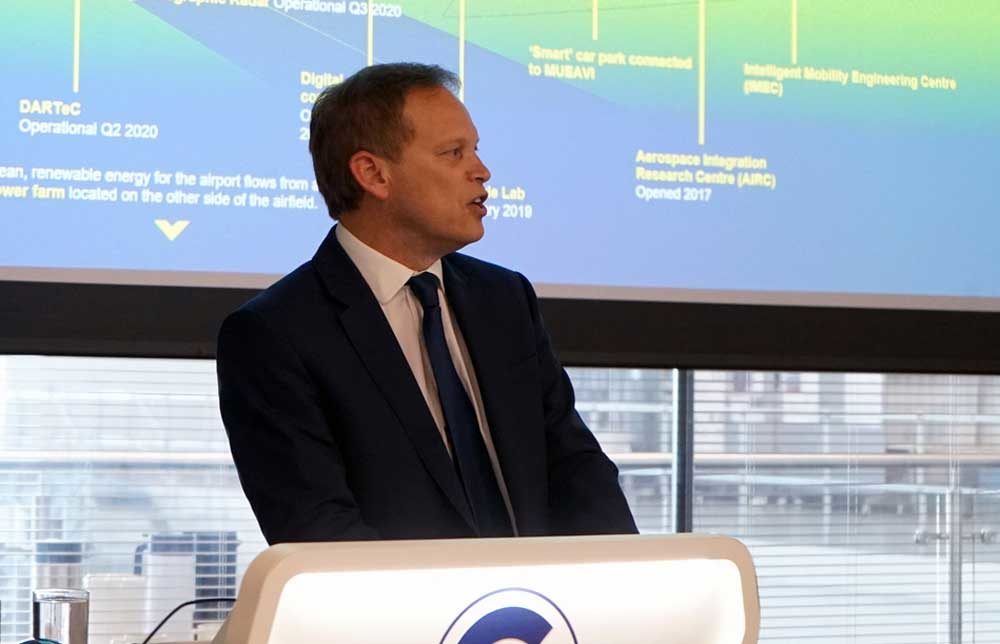
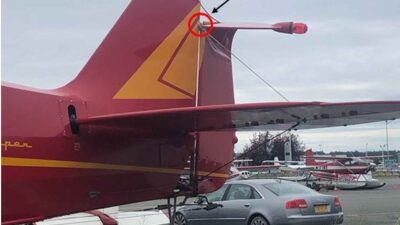
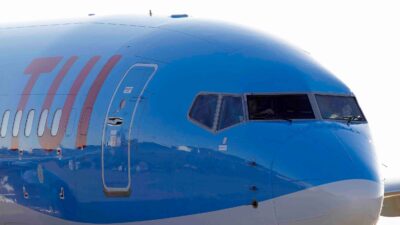
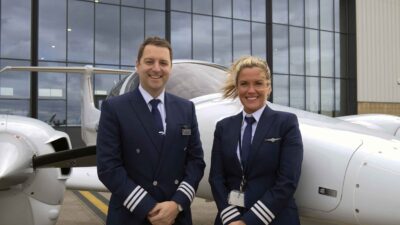
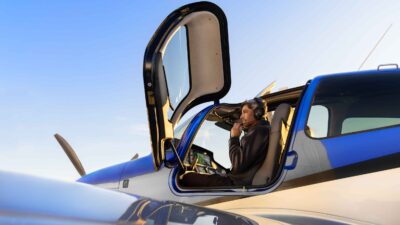
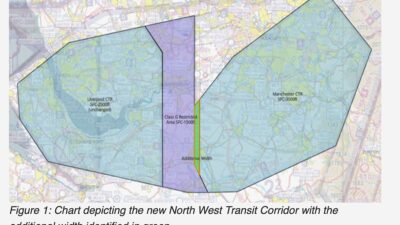
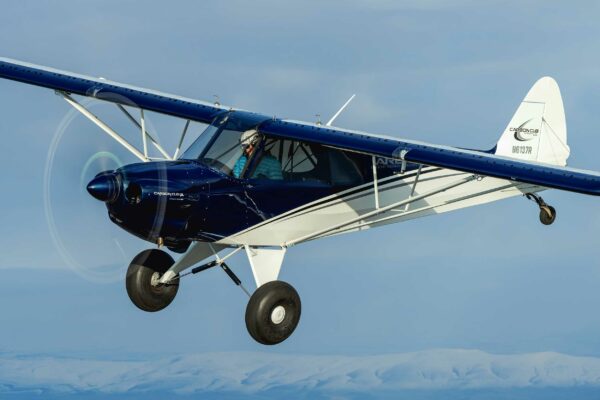
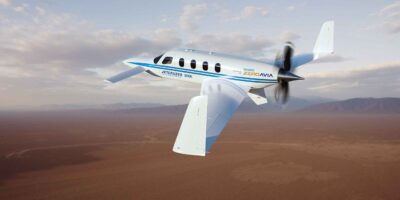

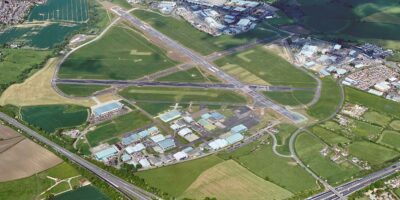
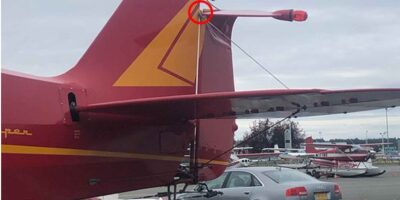
1 comment
Put some Rocket Fuel into the Air Training Corps. Those youngsters have been short-changed for years.